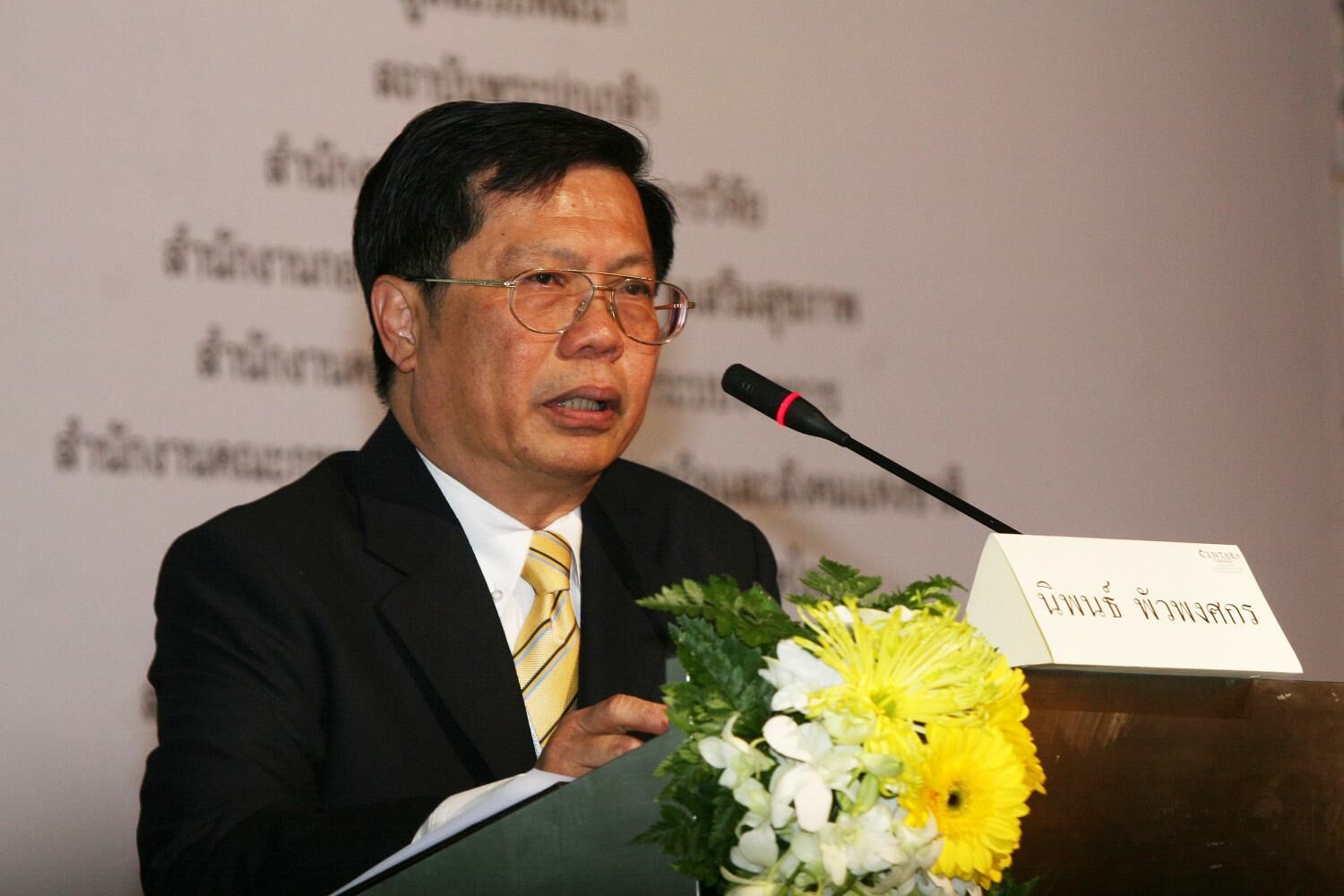No fast solution for Bangkok’s air pollution problem

Experts are urging Thailand to tackle its air pollution crisis head-on, branding it a structural issue requiring citizen-led solutions.
The discussion unfolded during the Journey to Clean Air event, orchestrated by the British and Australian Chambers of Commerce in Bangkok.
Diving deep into potential solutions, the discourse highlighted institutional limitations and the pivotal role citizens play in driving change towards a cleaner environment.
President of the Thailand Development Research Institute Foundation (TDRI), Nipon Poapongsakorn, stressed the need for a comprehensive approach.
“The reasons for air pollution in Thailand differ from place to place. So when trying to solve the problems, the government must look at the root causes.”
According to Nipon, Bangkok’s air pollution is primarily attributed to traffic emissions, especially from diesel engines and city factories. Factors such as inorganic aerosols, biomass burning, inadequate mass transit services, and a lack of regulations on open-air biomass burning also contribute to the city’s dust contamination.
In the northern region, emissions from wildfires and agricultural burning, both domestic and international, are identified as the main culprits. The TDRI president outlined various contributors to the issue, including rural poverty, social inequality, unsustainable agricultural practices, limited fire prevention capabilities, and the expansion of maize and sugar cane farms in neighbouring countries, reported Bangkok Post.
Nipon highlighted the use of incoherent measures by government agencies due to a lack of comprehensive data.
“The government treats air pollution as a seasonal disaster, using ineffective approaches to momentarily solve the problem without addressing the underlying roots.”
Despite a clean air bill being drafted after a Chiang Mai citizen lawsuit against the government for smog-related negligence, Nipon emphasised its flaws. The bill lacks a common methodology for measuring air quality, and Weenarin Lulitanonda, co-founder of Thailand Clean Air Network, argued it also neglects the public’s demand for human rights-based legislation.
Latest Thailand News
Follow The Thaiger on Google News:


























